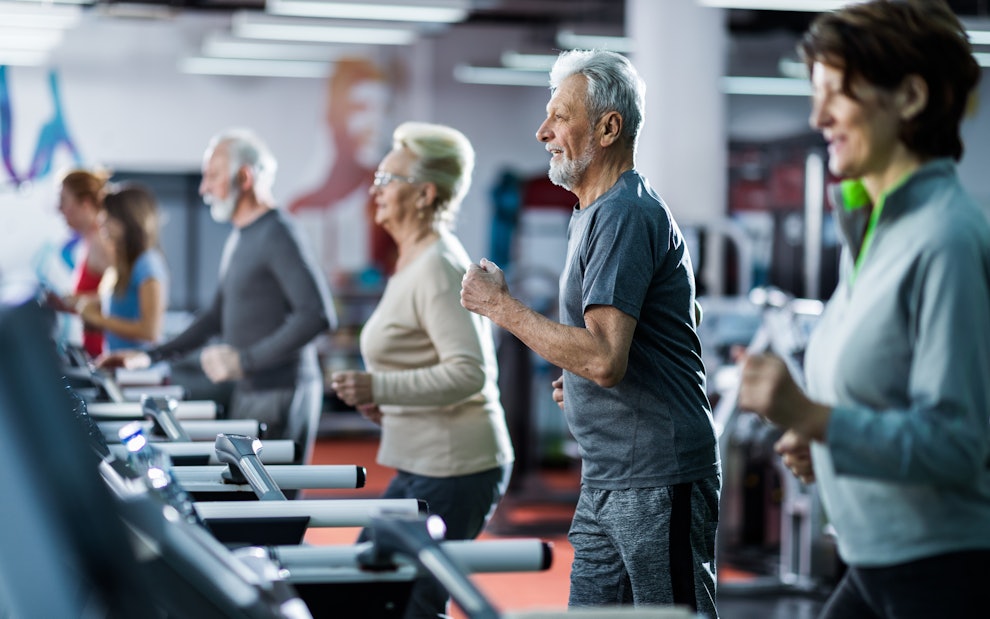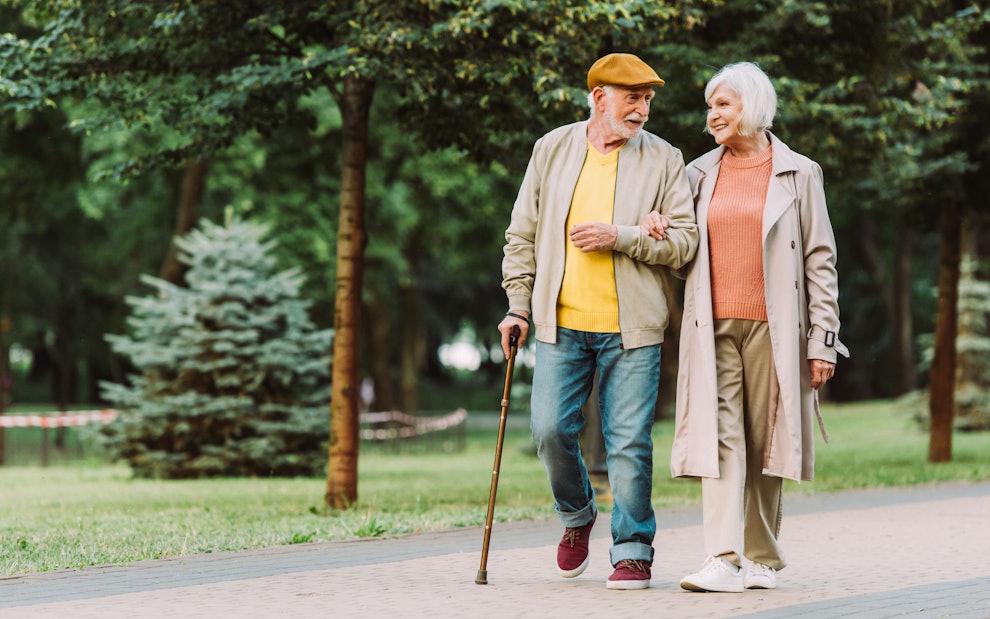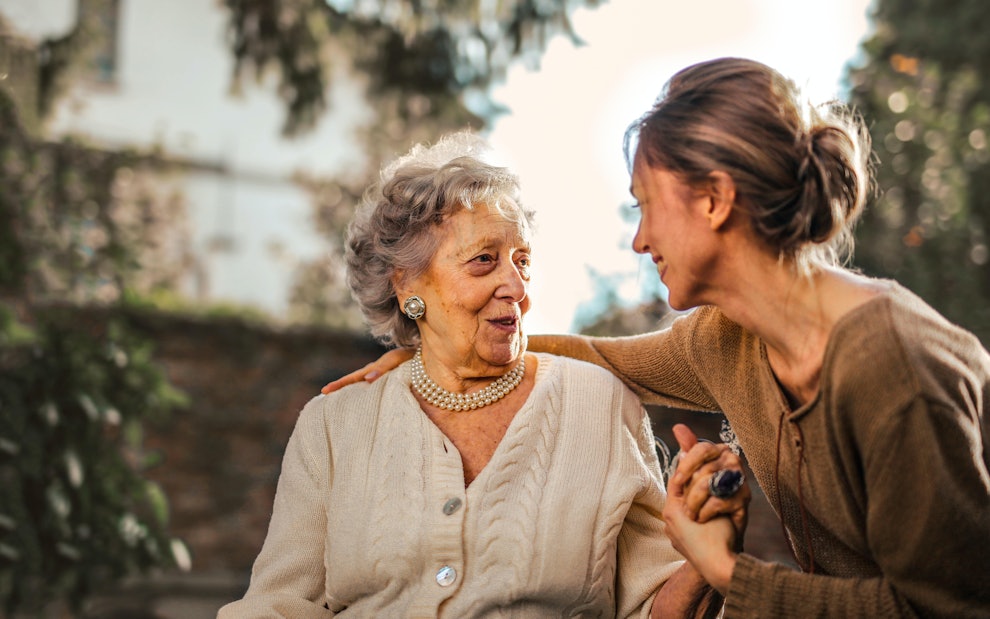Top 8 Activities For Seniors With Limited Mobility
Article at a glance
As a person ages, it’s not uncommon for seniors to experience decreased or limited mobility.
Limited mobility can make previous hobbies or routines more difficult and can be very frustrating for older adults.
There are plenty of enjoyable activities and hobbies that seniors with limited mobility can still participate in.
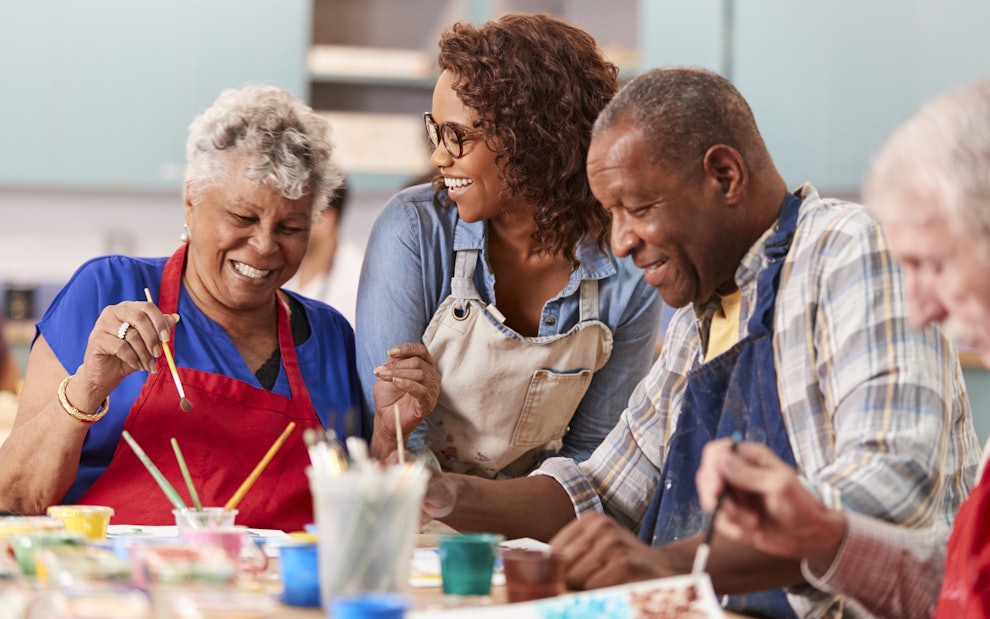
What Causes Limited Mobility for Seniors?
As we age, it’s not uncommon for seniors to potentially experience mobility issues. The body naturally loses certain elasticity and flexibility it once had, making certain activities more challenging. Additionally, certain conditions or illnesses, such as a stroke or severe arthritis, can further limit one’s mobility.
However, it’s important to keep in mind that issues with mobility vary among individuals, and that aging doesn’t guarantee severe issues with mobility.

Conditions That Can Affect Mobility
While aging is a contributing factor to some limited mobility, there are also conditions and illnesses commonly experienced by senior adults that can also lead to problems with mobility and can have additional mental/physical consequences. Some conditions include:
Osteoporosis: This disease weakens bone density, permitting the likelihood of bone fractures. Some seniors may have to reduce mobility to help avoid injuries.
Cardiovascular diseases: heart disease, heart attacks, and strokes can contribute to seniors experiencing limited mobility—whether as a precautionary action or as an effect of the condition.
Obesity: seniors who are severely overweight may struggle with mobility issues due to pressure on the joints, particularly if they also have an inactive lifestyle.
Parkinson’s Disease: this disease can affect people’s ability to judge distances, making it difficult to walk and engage in physical activity as usual.
Arthritis: due to joint inflammation and swelling, this can limit older adults’ ability to move around and stay active.
Reduced hearing or eyesight: not being able to see or hear at average levels can affect a person’s ability to get around, especially if they don’t have appropriate accommodations or support.
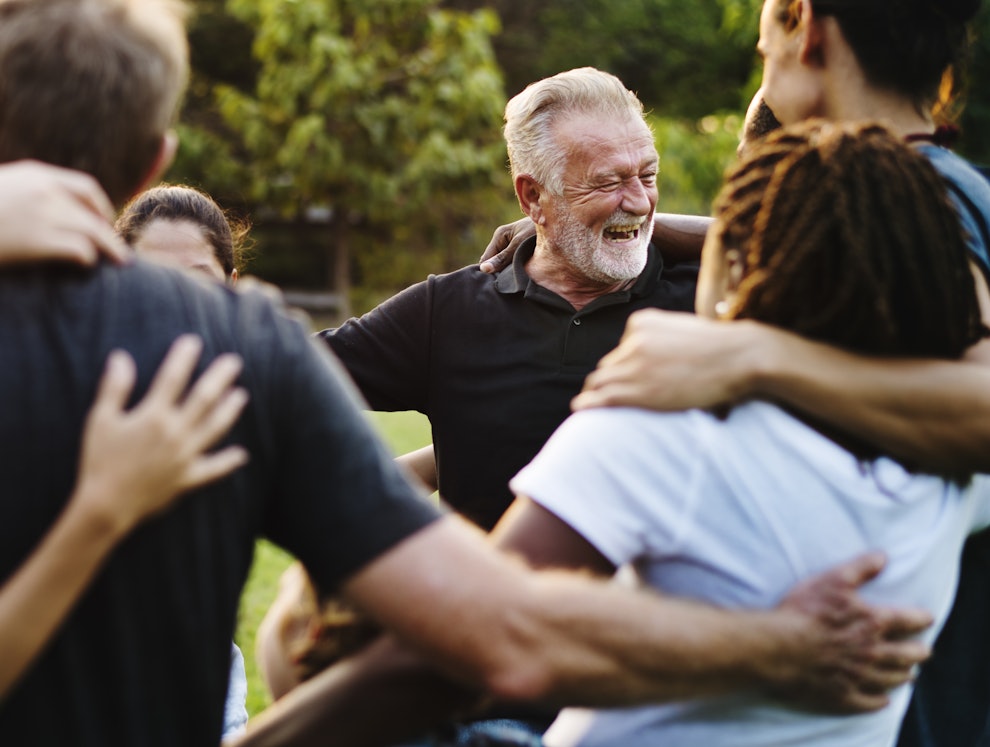
Why Are Activities Important for Seniors With Limited Mobility?
For seniors with limited mobility, the challenges associated can feel disappointing. Activities you once could participate in may be more difficult or impossible, which can certainly bring up negative emotions and frustrations in your day-to-day life.
There are a few reasons why it’s important for older adults with limited mobility to still find and participate in activities, including:
Improvement in physical and mental health: while some activities may not be possible, there are still ways for seniors with limited mobility to stay physically active—which is important for overall health. Additionally, engaging in activities can also help mental health by keeping the mind active and slowing down cognitive decline.
Health and mood benefits: encouraging activities for seniors with limited mobility can include health benefits such as lower blood pressure. Additionally, finding enjoyable and relaxing options can help reduce stress and anxiety, which can improve mood and memory.
Contributes to a sense of purpose: seniors with mobility problems may wrestle with feelings of inadequacy or loss of purpose if they are unable to do things they used to. Over time this could contribute to depression, restlessness, irritability, and resentment. Finding enjoyable activities and hobbies to participate in can help alleviate those feelings.
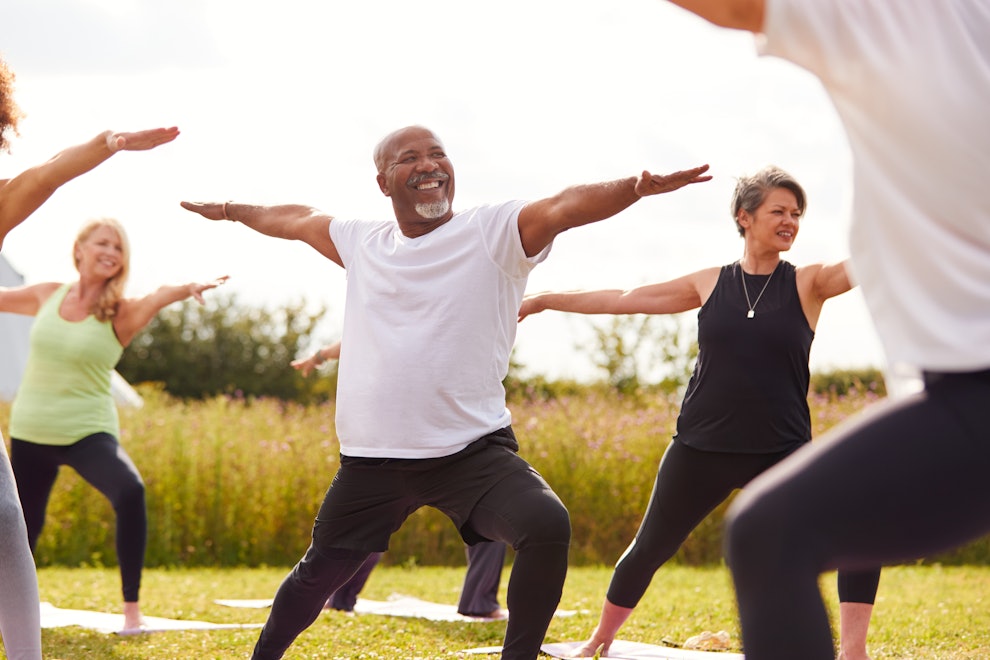
8 Types of Activities for Seniors With Limited Mobility
Despite restrictions to some activities due to limited mobility, there are still plenty of fun activities and hobbies seniors can experience.
Playing Games
Playing games can be a great way to stimulate the mind and potentially increase socialization, which seniors can greatly benefit from. Fun games can include:
Board games: such as checkers, chess, backgammon, trivial pursuit, bingo, etc.
Card games: such as solitaire, poker, rummy, and Uno, among others.
Puzzles: such as crosswords, word searches, Sudoku, jigsaw puzzles, etc.
Digital games: such as memory and word games via phone apps and video games.
Spending Time Outdoors
Spending some quality time outdoors and getting fresh air can be a great way to boost your mood, and potentially get some light physical activity in the process if able. Some activities that can be done outdoors include:
Bird watching
Sitting on a porch or balcony to take in the scenery
Nature walks with acclimations, such as a cane or wheelchair
Visiting a local park or botanical garden
Having a picnic
Light-impact outdoor exercise activities/classes, such as yoga
Gardening or planting
Indulging in Creative Activities
Taking up an artistic or creative interest can be a great way to expand your mind and keep your cognitive skills sharp. Some creative options include
Writing/journaling
Painting/drawing
Playing an instrument
Singing/listening to music
Making scrapbooks/taking photos
Reading/listening to audiobooks
Crocheting/knitting
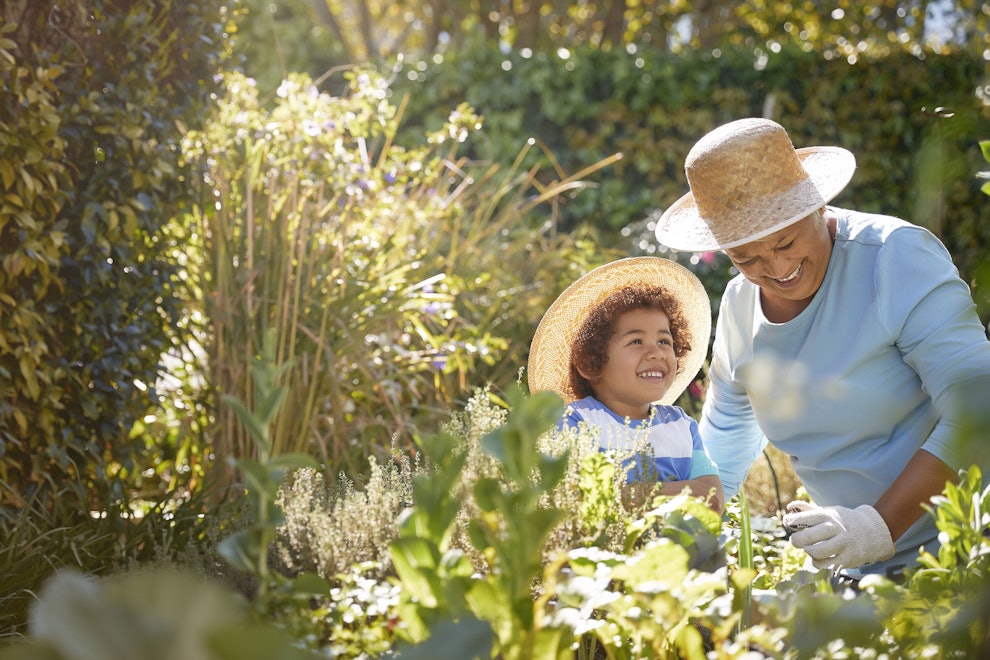
Taking Classes or Courses
Plenty of senior centers and organizations may have available classes or courses in the area that seniors can participate in. If classes aren’t available, look into lessons taught online, or television shows (such as episodes on Food Network for those interested in cooking) as an alternative.
Some classes or activities you could look into include:
Cooking
Learning a new language
Swimming
Creative writing
Playing piano
Staying Social and Connected
Having limited mobility can feel isolating and even lead to symptoms of depression and anxiety if a person doesn’t feel able to participate in activities. Finding activities that include other seniors with limited mobility can not only be a great way to find fun hobbies to participate in but can help you stay connected and maintain social circles. Some options can include finding other seniors with limited mobility and joining leagues, groups, classes, book clubs, or other activities that can not only provide more options to choose from but can also boost your mental and emotional health.
Exploring Family Activities
If you’re able, spending time with family members and participating in family activities can also be a great way to bond. Some ideas include:
Telling/writing down stories from when you were younger
Exploring your genealogy and learning about family history together
Going through old photo albums or taking new family photos
Participating in Alternate Exercises
While physical activities may have some limits depending on your mobility, there are still options that can allow you to remain physically active, as well as accommodations you can use to aid you. Some options include:
Chair yoga (a version of yoga performed while sitting in a chair)
Low-impact/mobility-friendly exercise routines (such as resistance band exercises or water aerobics)
Regularly scheduled walks
Tai-chi
Volunteering Locally
Participating in volunteer work can be a great way to stay connected, as well as engage in meaningful work. Some ways you can still volunteer with limited mobility include:
Donating and helping to sort items for clothing drives
Cooking/baking items for bake sales or community events
Serving food at soup kitchens or homeless shelters
Ways To Find Activities For Seniors With Limited Mobility
If you’re struggling to find opportunities, there are some resources that may be able to help provide ideal activities for seniors with limited mobility.
Religious Organizations
Some religious organizations may host events or groups for seniors with limited mobility to join, as well as offer volunteer options to engage in.
Local Organizations or Community Centers
Depending on your location, some local organizations may have opportunities or events for seniors to get involved.
Senior Homes and Centers
Senior centers can be a great resource for seniors to find activities and senior groups to join or can provide resources to help find something that suits you.
Local Charities
Reaching out to contact local charities could provide ways that those with limited mobility can participate and give back to the community.
FAQ
What exercises are good for older adults who can't walk?
Some exercises for older adults who can't walk may include seated chair exercises, such as chair yoga, arm raises, and seated torso twists, among others.
How can seniors exercise at home?
Seniors can exercise at home by incorporating exercises that can be done without equipment or with equipment available in their homes. Some examples may include stretches, squats, wall push-ups, yoga, or walking.
How do you keep seniors mentally active?
Seniors can stay mentally active by participating in activities that engage their cognitive function and memory, such as playing games, artistic activities, and listening to music. They can also take classes and learn new skills, such as a language or a musical instrument, to keep their mind active.
Sources
- https://www.ioaging.org/activities-wellness/indoor-activities-for-seniors-with-limited-mobility/
- https://www.nia.nih.gov/news/maintaining-mobility-and-preventing-disability-are-key-living-independently-we-age
- https://www.nia.nih.gov/health/loneliness-and-social-isolation-tips-staying-connected
- https://www.nia.nih.gov/health/participating-activities-you-enjoy-you-age
- https://onlinegrad.baylor.edu/resources/mobility-exercises/
- https://www.cdc.gov/ncbddd/disabilityandhealth/features/physical-activity-for-all.html
- https://www.cdc.gov/ncbddd/disabilityandhealth/pa.html
- https://dailycaring.com/chair-yoga-for-seniors-reduce-pain-and-improve-health-video/


